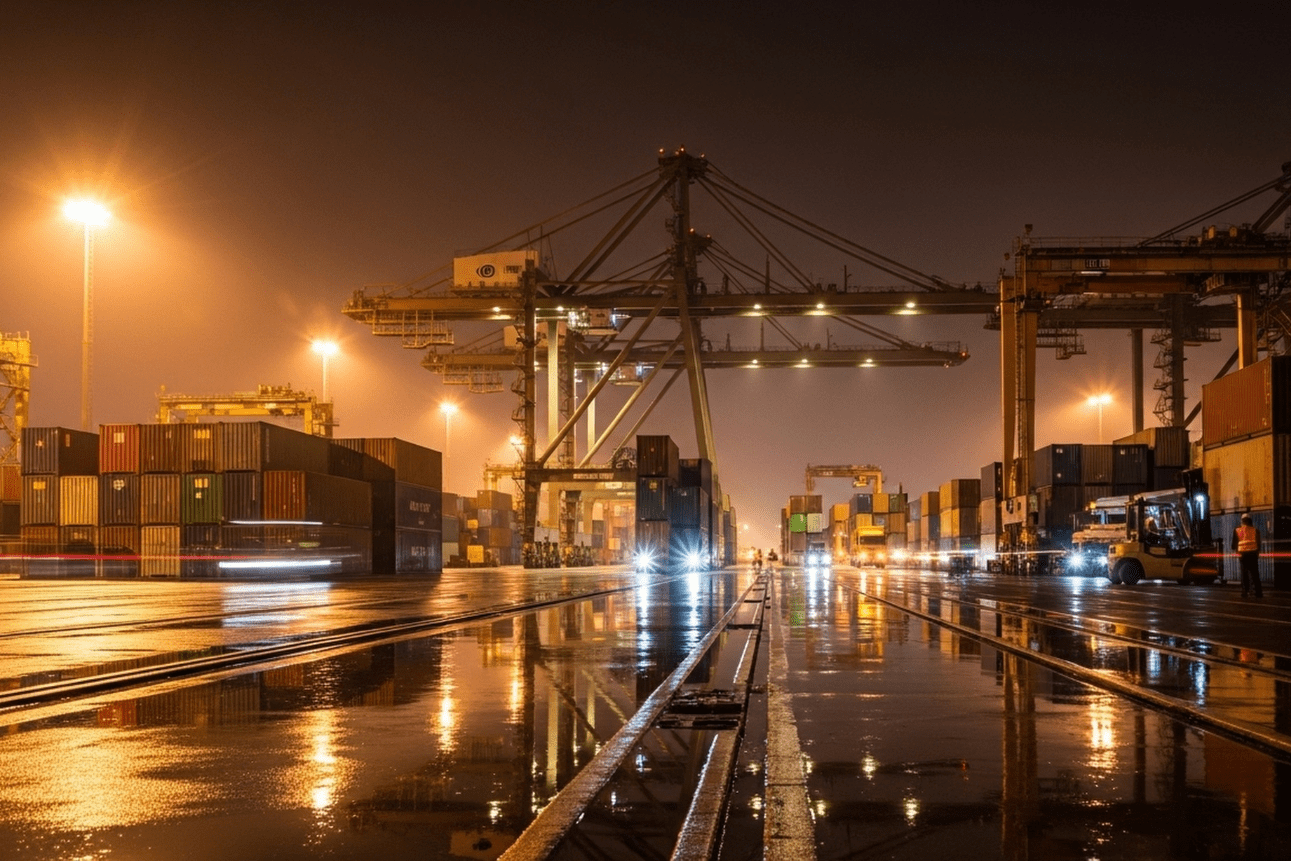Is Your Supply Chain Resilient Enough? How BPOs Reinforce Logistics Strategies
Global disruptions—natural disasters, geopolitical instability, or market volatility—have exposed one major vulnerability: a fragile supply chain. That’s why more companies are investing in the benefits of supply chain resilience to stay competitive and agile in unpredictable markets.
Why Resilience Is the New Supply Chain Standard
Today, supply chains have become more complex than ever. As a result, traditional, linear models can no longer keep up with the demands of modern logistics. Multi-tier suppliers, evolving regulations, and shifting customer expectations all contribute to this complexity. Therefore, building resilience now requires a focus on four key factors: visibility, flexibility, redundancy, and speed.
- Visibility: Knowing where disruptions could occur
- Flexibility: Adapting processes in real time
- Redundancy: Having backups in place
- Speed: Responding without delays
Outsourced providers are helping companies achieve all four, and more.
The Role of BPOs in Building Resilient Supply Chains
- Scalable Operational Support: Outsourcing partners give businesses access to expert teams without the need to hire, train, or manage in-house logistics personnel. When demand surges or drops, they adjust accordingly—keeping costs down and service levels high.
- Technology Integration: Top BPO firms utilize advanced platforms, AI, and automation to improve supply chain forecasting, inventory management, and real-time tracking. This tech-led approach improves visibility and prevents stockouts or overstocking.
- 24/7 Coverage and Global Coordination: Whether you’re sourcing from Asia or distributing across North America, BPOs provide round-the-clock operations, ensuring your supply chain moves even when you’re sleeping.
- Data-Driven Risk Management: By leveraging big data and predictive analytics, BPO partners help businesses proactively identify bottlenecks and mitigate risk—key pillars of supply chain resilience.
The Benefits of Supply Chain Resilience Through Outsourcing
- Reduced Downtime: Quickly pivot when suppliers or transport lines are disrupted
- Improved Customer Experience: Meet delivery promises consistently
- Lower Costs: Optimize inventory and reduce expedited shipping expenses
- Stronger Compliance: Keep up with trade regulations and customs
- Greater Sustainability: Outsourcing often leads to more eco-conscious transport and packaging strategies
All of these advantages contribute to a more agile, competitive business model—especially vital in uncertain markets.
What Makes a Good Supply Chain Outsourcing Strategy?
An effective strategy aligns with your core business goals and builds in long-term scalability. Consider these best practices:
- Choose BPO partners with logistics expertise and multi-industry experience
- Prioritize providers with cloud-based platforms and automation capabilities
- Ensure transparency through regular reporting and performance reviews
- Align communication protocols between in-house and outsourced teams
Outsourcing solutions are built around these principles—helping logistics-driven companies reinforce their supply chain while staying cost-efficient and resilient.
Final Thoughts
You can’t predict the next disruption. But with the right supply chain outsourcing strategy, you can prepare for it.
Whether you’re a retailer facing seasonal volatility or a manufacturer juggling international suppliers, outsourcing isn’t just about cost savings anymore—it’s about building resilience into your supply chain DNA.
Ready to fortify your logistics operations? Let outsourcing help you unlock the full benefits of supply chain resilience—strategically, sustainably, and seamlessly.




